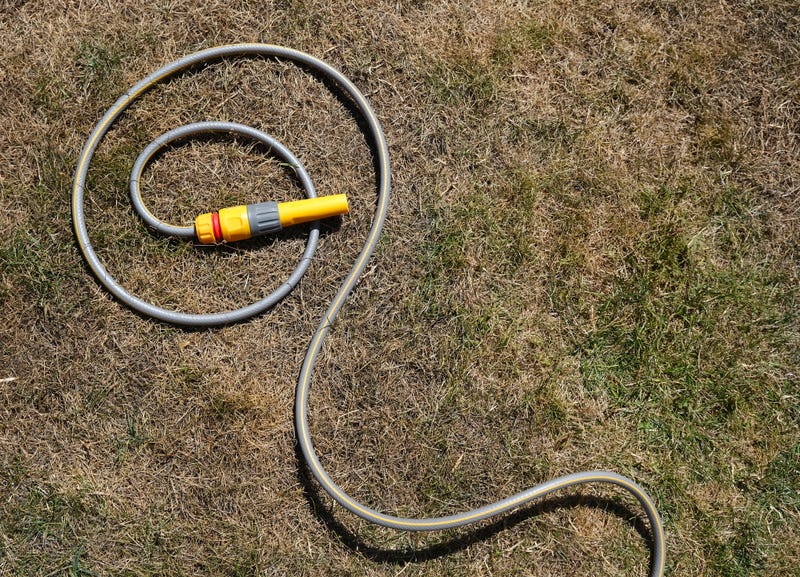
(WWJ) – It’s been quite dry across most of Michigan over the last few weeks. Metro Detroit just saw one of the driest Mays we’ve ever had, and that was quickly followed by a very hot start to June.
Dr. Kevin Frank, a turf specialist with the MSU Extension says that’s led to a lot of brown lawns across the area, despite a three-week stretch of no rain finally being snapped on Tuesday.
“I think what most people have seen, especially if they weren’t irrigating their lawn or if they were kind of intermittently watering it, they started to see a lot of brown,” Frank told WWJ’s Ryan Wrecker.
Many lawns have gone into what’s known as dormancy, meaning they’ve stopped growing due to a lack of rain.
And while the rain came down Tuesday, that’s not a magic cure, he says.
“You’re gonna see combinations of green and brown and it’s probably gonna persist unless we get some more consistent rain coming up,” Frank said.
After we get another dose of showers on Thursday, AccuWeather meteorologist Brian Thompson said we could be in for "perhaps a dry stretch" into the early part of next week.
But Frank says Metro Detroiters shouldn’t worry too much about their lawns dying, as most across Michigan are Kentucky Bluegrass.
“It probably takes somewhere from 6-8 weeks of literally no water and usually combined with high temperatures before you would start to see that grass die,” Frank said. “Most of the time we don’t have that problem in Michigan.”
But if it ever does get to a point where we’re going on six or more weeks without rain, Frank says you can give the lawn a “mercy irrigation” by pulling out the hose or sprinkler just to wet it down.
“You’re probably not gonna get a lot of green growth out of it, but at least it will prevent the plant from dying.”
As for whether you need to fertilize your lawn after that three-week dry spell, Frank says now is not the time.
“If your lawn is in any state of brown or dormant and you haven’t watered it, there’s really no point to put any fertilizer on it, because it’s not gonna be taken up by the plant,” he said.
More information on lawn care can be found on the MSU Extension website.

